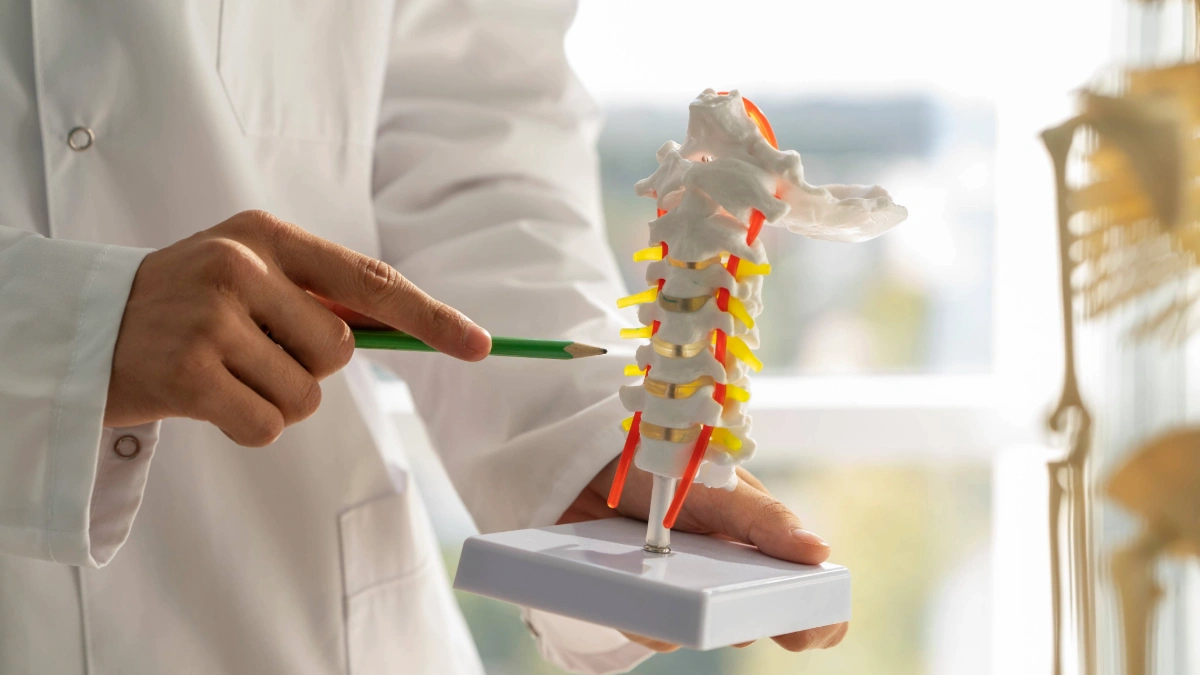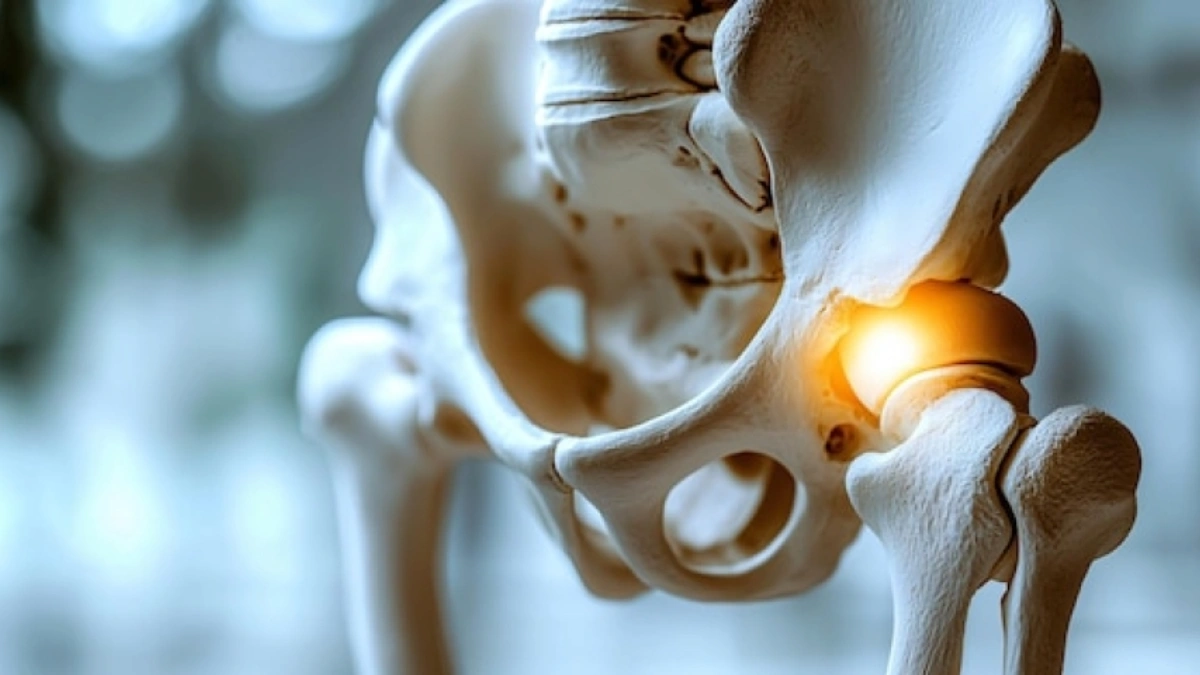Bladder Cancer is a serious condition where abnormal tissue growth, known as a tumour, develops in the bladder lining. In some cases, the tumour can invade the bladder muscle. Understanding the breadth and depth of this disease is crucial for effective diagnosis, treatment, and management.
Symptoms or 5 Warning Signs of Bladder Cancer
Bladder cancer signs and symptoms may include:
- Blood in the Urine (Hematuria): This might cause urine to appear bright red or cola-coloured, although sometimes the urine appears normal, and blood is detected on a lab test.
- Frequent Urination
- Painful Urination
- Back Pain
- Pelvic pain
If you notice any of these symptoms, especially blood in your urine, even if it comes and goes, visit your general practitioner (GP) immediately to investigate the cause.
Types of Bladder Cancer
It can be classified by how far it has spread:
- Non-Muscle-Invasive Bladder Cancer (Early Bladder Cancer). This is when cancerous cells are contained inside the bladder lining.
- Muscle-Invasive Bladder Cancer. When cancerous cells spread beyond the lining into the surrounding bladder muscle.
- Advanced or Metastatic Bladder Cancer. When cancer has spread to other body parts.
Types of Bladder Cancer Cells
Different cells in your bladder can become cancerous, defining the type of cancer:
- Urothelial Carcinoma (Transitional Cell Carcinoma) occurs in cells lining the inside of the bladder.
- Squamous Cell Carcinoma: Associated with chronic bladder irritation.
- Adenocarcinoma: Begins in mucus-secreting gland cells in the bladder.
Causes of Bladder Cancer
This cancer often arises due to prolonged exposure to harmful substances leading to abnormal cell changes in the bladder over time. Common causes include:
- Tobacco Smoke: More than one-third of these cancer cases are caused by smoking.
- Exposure to Certain Chemicals: Previously used in manufacturing, now banned.
Treating Bladder Cancer
Non-Muscle-Invasive Cancer
Typically treated by:
- Transurethral Resection of a Bladder Tumor (TURBT): Removal of cancerous cells while leaving the rest of the bladder intact, followed by chemotherapy medicines directly into the bladder to reduce recurrence risk.
- Bacillus Calmette-Guérin (BCG) Therapy: For higher recurrence risk, BCG may be injected into the bladder.
Muscle-Invasive Cancer
Treatment might involve:
- Cystectomy: Surgical removal of the bladder, followed by reconstructing a new way to collect urine.
- Radiotherapy: As a surgery alternative for some patients.
Bladder Cancer Prolapse
In some cases, a prolapse or displacement of the bladder can occur alongside cancerous growths. Prolapse requires specialized treatment to avoid complications and recurrence.
Risk Factors of Bladder Cancer
Several factors may increase the risk of this cancer, including:
- Smoking: Smoking cigarettes, cigars, or pipes.
- Increasing Age: Risk increases as you age, particularly over the age of 60.
- Gender: This cancer is more common in men.
- Chemical Exposure: Arsenic and certain chemicals used in manufacturing processes.
- Previous Cancer Treatment: Especially treatment with cyclophosphamide or radiation aimed at the pelvis.
- Chronic Bladder Inflammation: Due to infections or long-term catheter use.
- Family History: Particularly if related to Lynch syndrome.
Prevention
While there’s no guaranteed way to prevent bladder cancer, certain steps can reduce the risk:
- Avoid Smoking:
- Limit Chemical Exposure: Particularly in the workplace.
- Healthy Diet: Consuming a variety of fruits and vegetables rich in antioxidants.
Bladder Cancer Survival Rate
Understanding the survival rate is critical. Most bladder cancers are diagnosed at an early stage, where the survival rate is relatively high. However, even early-stage bladder cancers can recur, necessitating regular follow-up tests.
Stages of Bladder Cancer
Stage 0: Non-Invasive Carcinoma
0a: Papillary Carcinoma
0is: Carcinoma in Situ (CIS)
Stage 1 Bladder Cancer Symptoms
At stage 1, it adheres only to the bladder lining. Common symptoms might include blood in urine, frequent urination, or painful urination but might be less severe compared to advanced stages.
Stage II
Cancer invades the bladder muscle.
Stage III
The cancer spreads to perivesical tissue and nearby organs.
Stage IV
Cancer spreads to distant parts of the body.
Conclusion
Bladder Cancer, while common, has highly treatable early stages. Recognizing symptoms early and understanding treatment options is crucial for managing the disease effectively. For more information or to seek bladder cancer treatment in Turkey, contact Avicenna International Hospital.
This cancer is often curable, especially when detected and treated early. The prognosis and curability depend on the stage and type of this cancer.
The most common early symptom of cancer is blood in the urine, known as hematuria. This is often the first noticeable sign of the disease.
With proper treatment, many people with this cancer can live for several years or even decades. However, survival time greatly depends on the stage and type of cancer. Early-stage cancer typically has a better long-term prognosis compared to advanced, metastatic disease.







